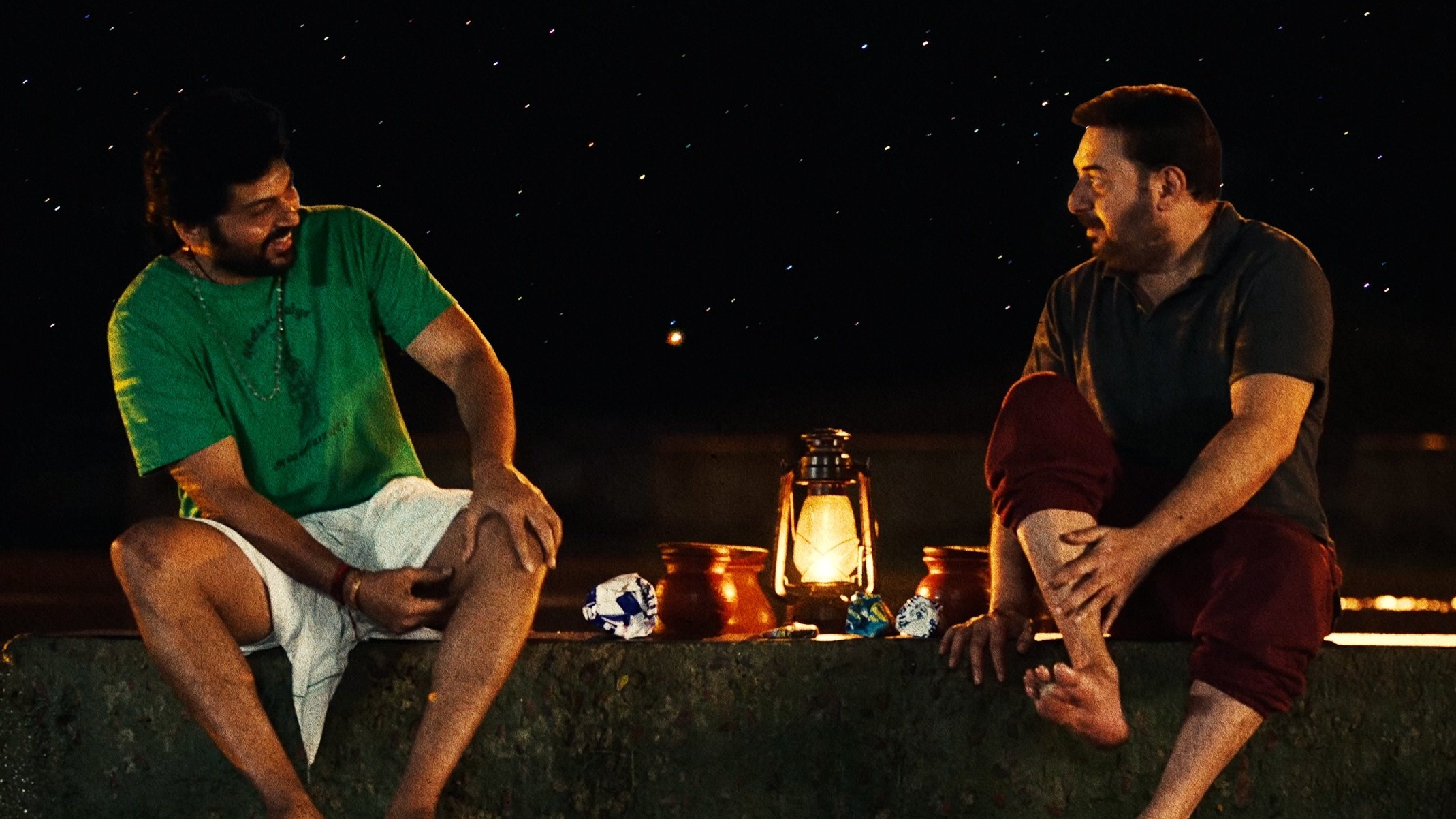- Published on
Meiyazhagan Movie Review

The preview appeared novel and innovative, not seeming to be a variation of an existing concept. However, it did evoke memories of the film "Anbe Sivam" featuring Kamal and Madhavan. The film appears to be a straightforward drama. Such productions are uncommon in our cinema, likely due to commercial considerations. This might explain why the actor's family took on the role of producing it.
The plot centers on two contrasting characters: one who has become disillusioned and burdened by past sorrows, clinging to certain memories, and another who finds joy in life's small pleasures, expressing profound gratitude for their experiences. The dynamic between these two individuals is compelling, maintaining audience engagement despite the film's deliberately slow pace.
Thanjavur is an uncommon setting for films, but this movie effectively captures its essence. It accurately portrays the local dialect, vernacular, and even highlights regional specialties like Ashoka, a sweet treat known only to locals and unfamiliar to outsiders. While the iconic Big Temple has been featured in countless aerial shots before, this film uniquely showcases it alongside a train - a first-time visual pairing. This cinematographic choice mirrors the establishing shot of Chennai, which features the metro, creating a thoughtful parallel between the two cities(by paper, thanajvur is a city 🤣).
The film exudes a sense of tranquility, particularly in its nighttime scenes. The dialogue is crisp and clear, standing out against the calm atmosphere. This stylistic choice may divide audiences - some will appreciate it greatly, while others might find it off-putting. The narrative doesn't rely on major revelations or unexpected twists to engage the viewer. Despite this straightforward approach, the overall experience is satisfying.
The story is set in 2018, though this seems arbitrary except for allowing the inclusion of a '96' movie poster. A scene where Aravind Swamy's cousin regrets not marrying him might be another nod to '96'. Some scenes feel drawn out, possibly those recently trimmed. The pacing picks up towards the end, though not as dramatically as in '96', with circumstances becoming slightly more intense. A standout moment occurs in the climax when Karthi assists Arvind Swamy in processing past events, fitting perfectly with the film's tone. Overall, this movie stands out as unique. It's unlikely that similar films will be produced often, so it's recommended to watch it in theaters soon before its run ends. The experience is worthwhile.